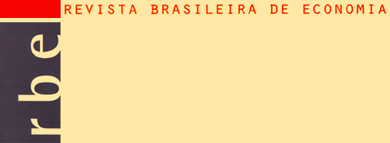We investigate the role of financial dollarization and systemic risks in the determination of real interest rates in Brazil. In a simple currency-choice portfolio model, we show that a strategy of reducing dollarization, if it fails to address fundamental macroeconomic risks, leads to higher domestic real interest rates. We confirm this prediction in an empirical panel-based model, involving systemic risk variables, but find that the effect is small after controlling for the risks of dilution and default. We apply our empirical estimates to the case of Brazil - a natural case study given its low degree of financial dollarization and very high real interest rates. The estimated model is unable to explain the high interest rate levels in the aftermath of Brazil's 1994 inflation stabilization. However, since the adoption in 1999 of inflation targeting and floating exchange rates, Brazil's real interest rates are found to be gradually converging to the model's predicted values. The estimation also shows that further reductions in Brazil's real interest rates could be achieved through sound fundamentals that led to investment-grade status rather than financial dollarization.
Financial Dollarization; Interest Rates; Brazil; Emerging Markets; Panel Data

















